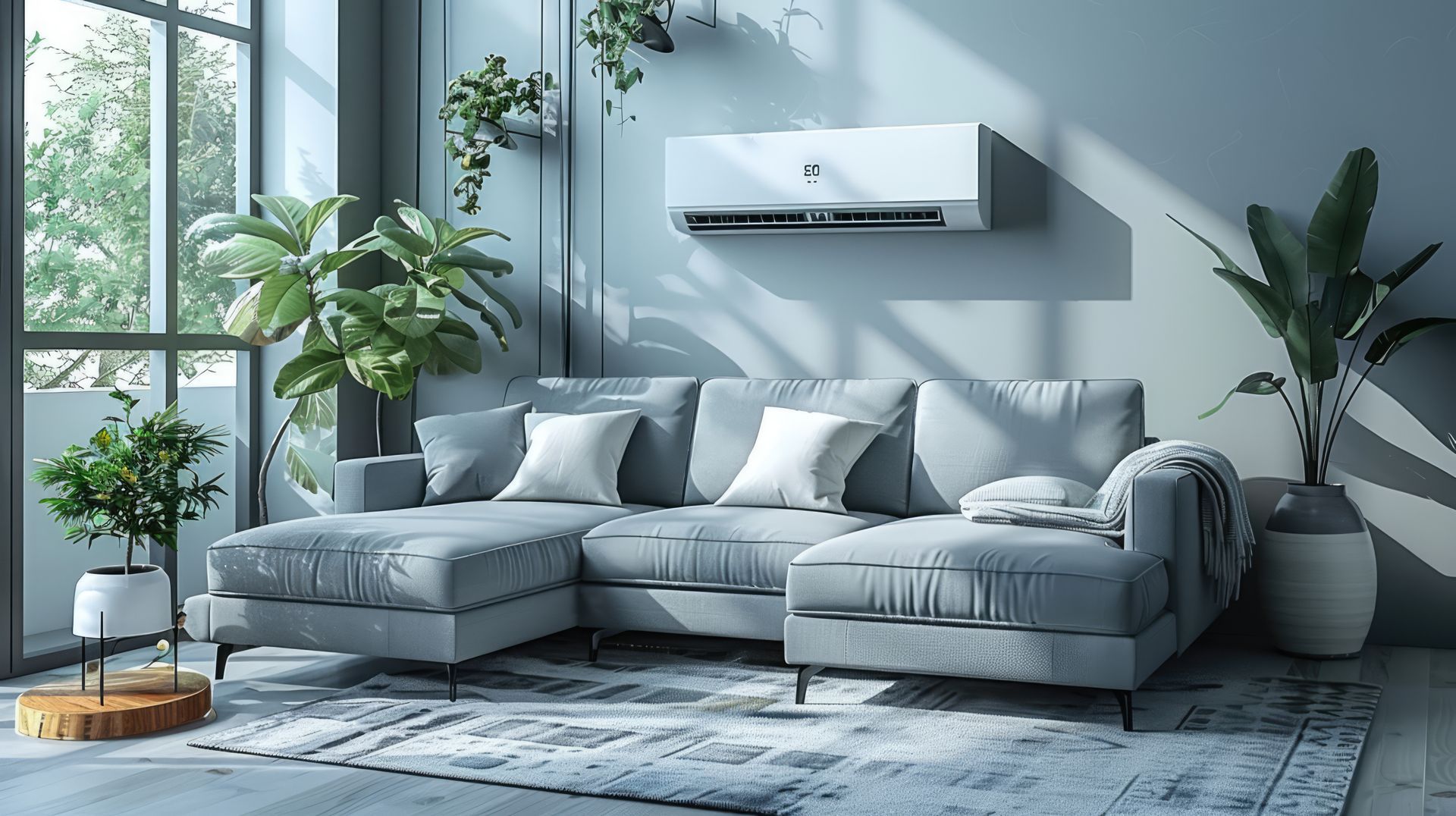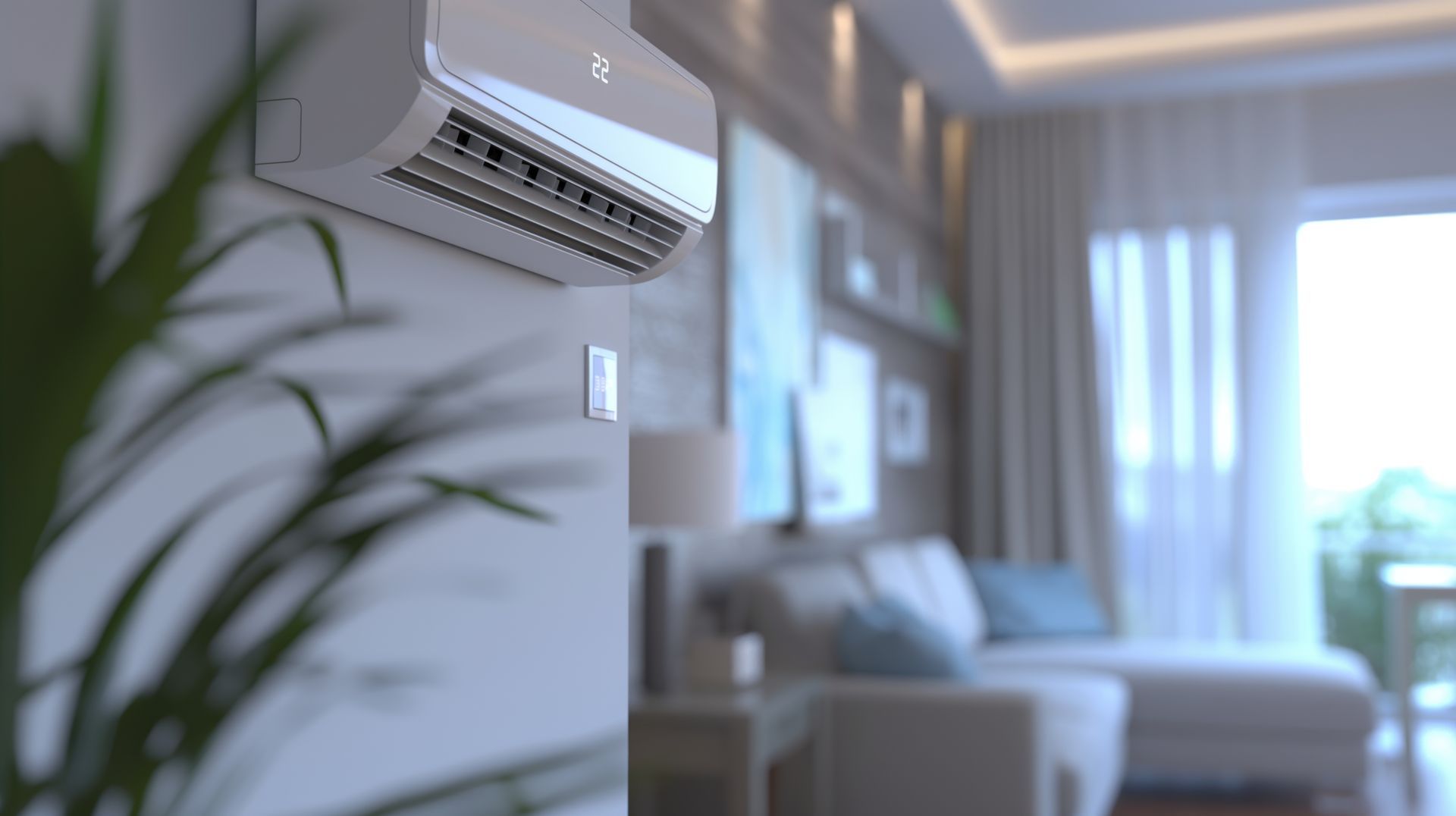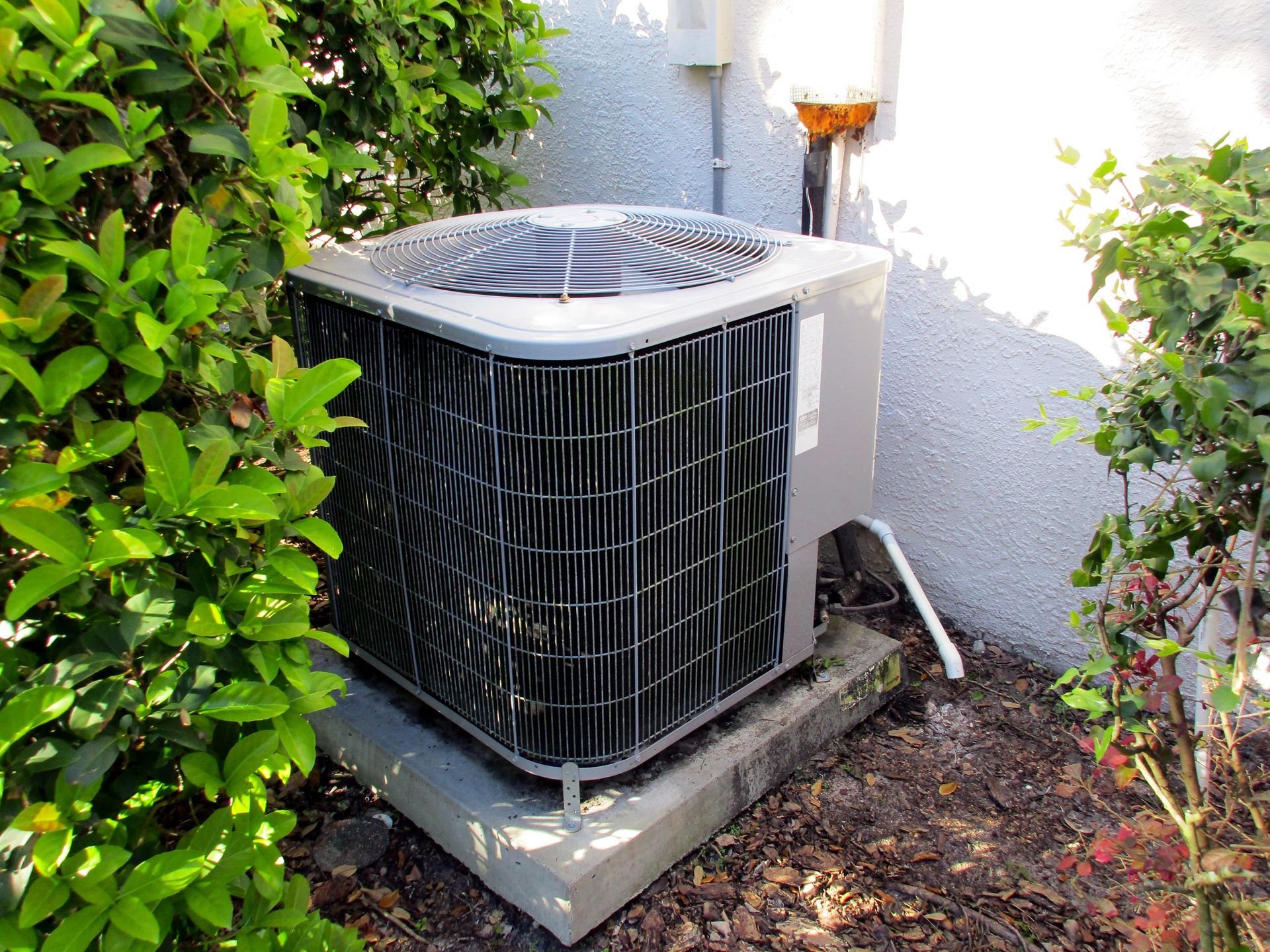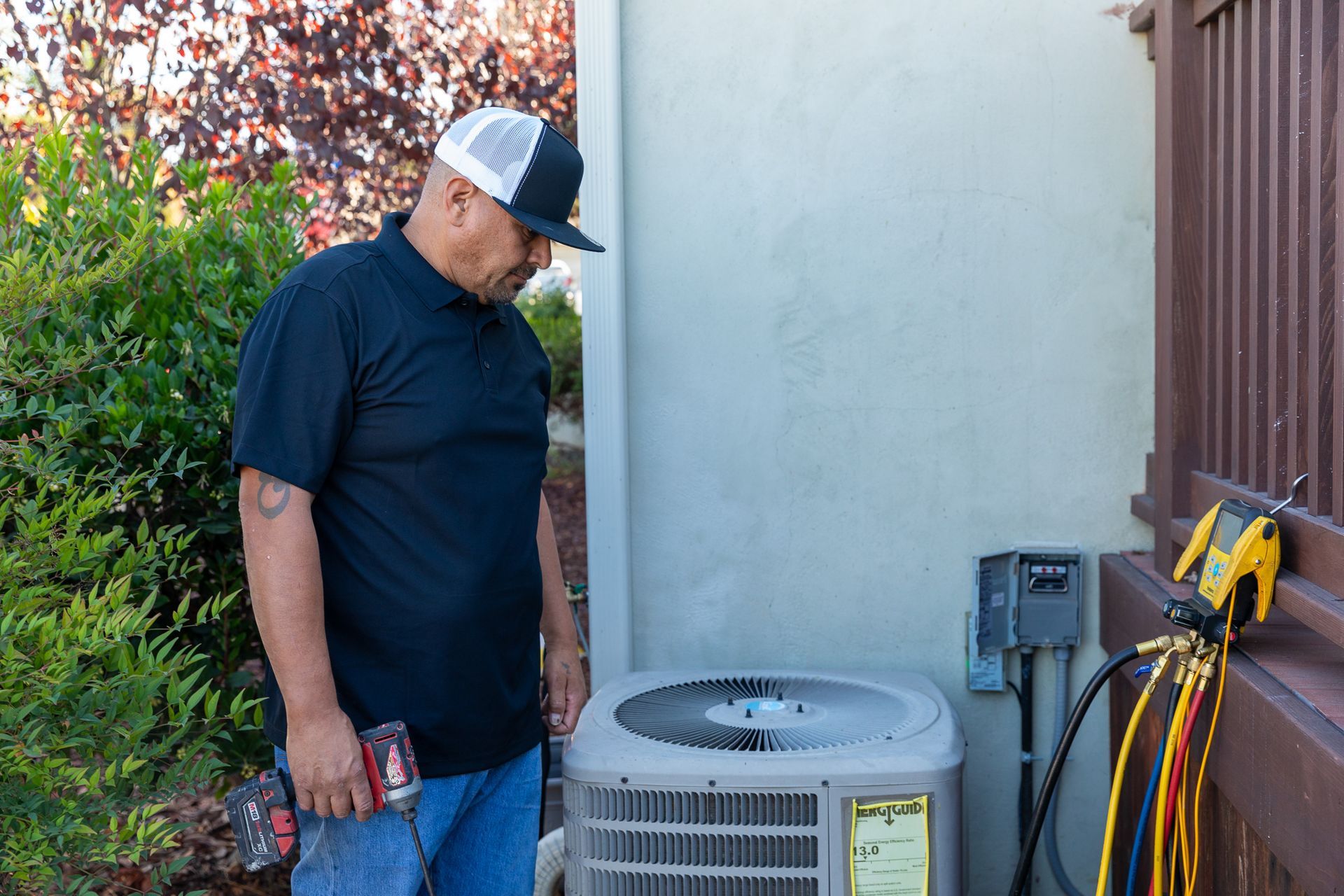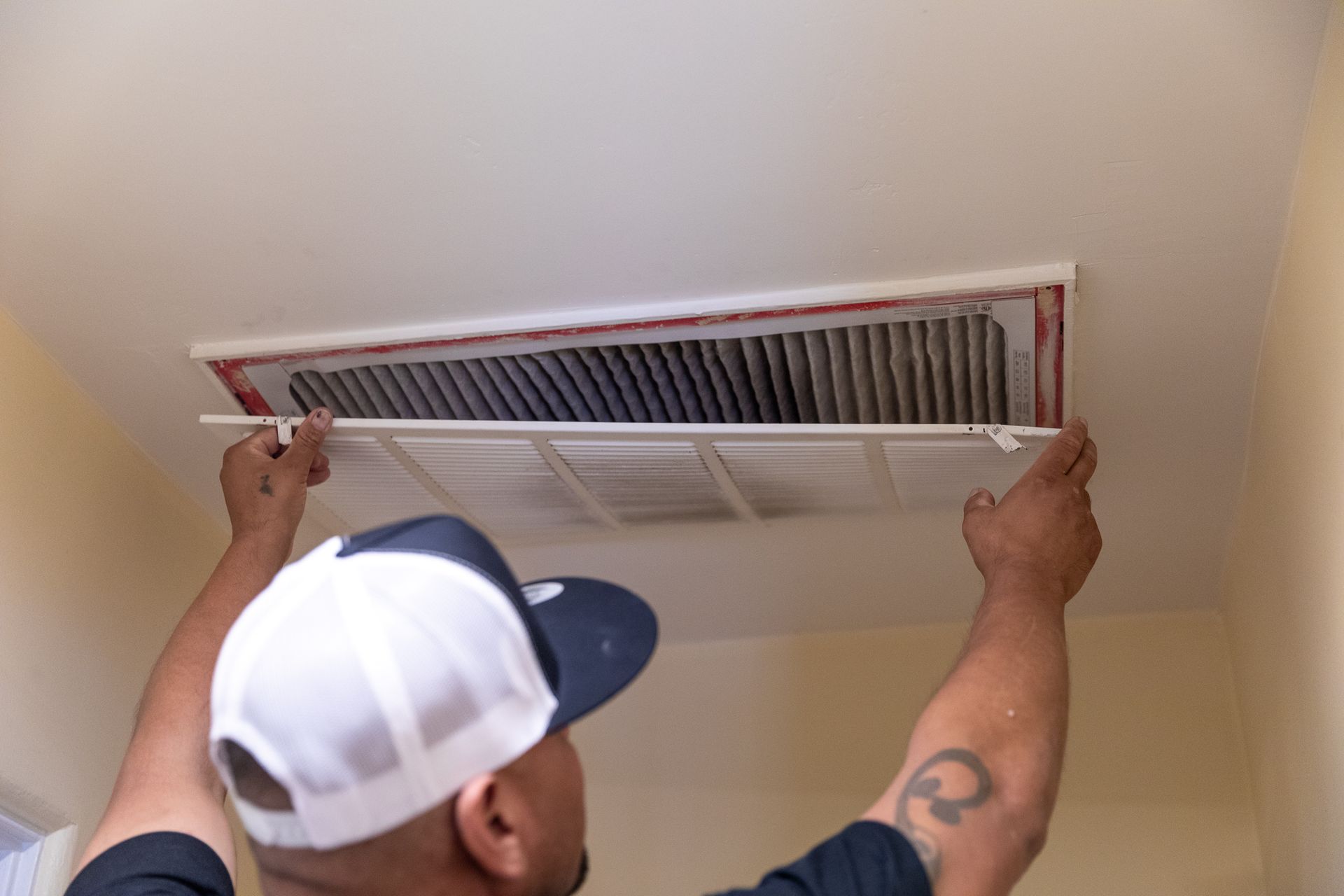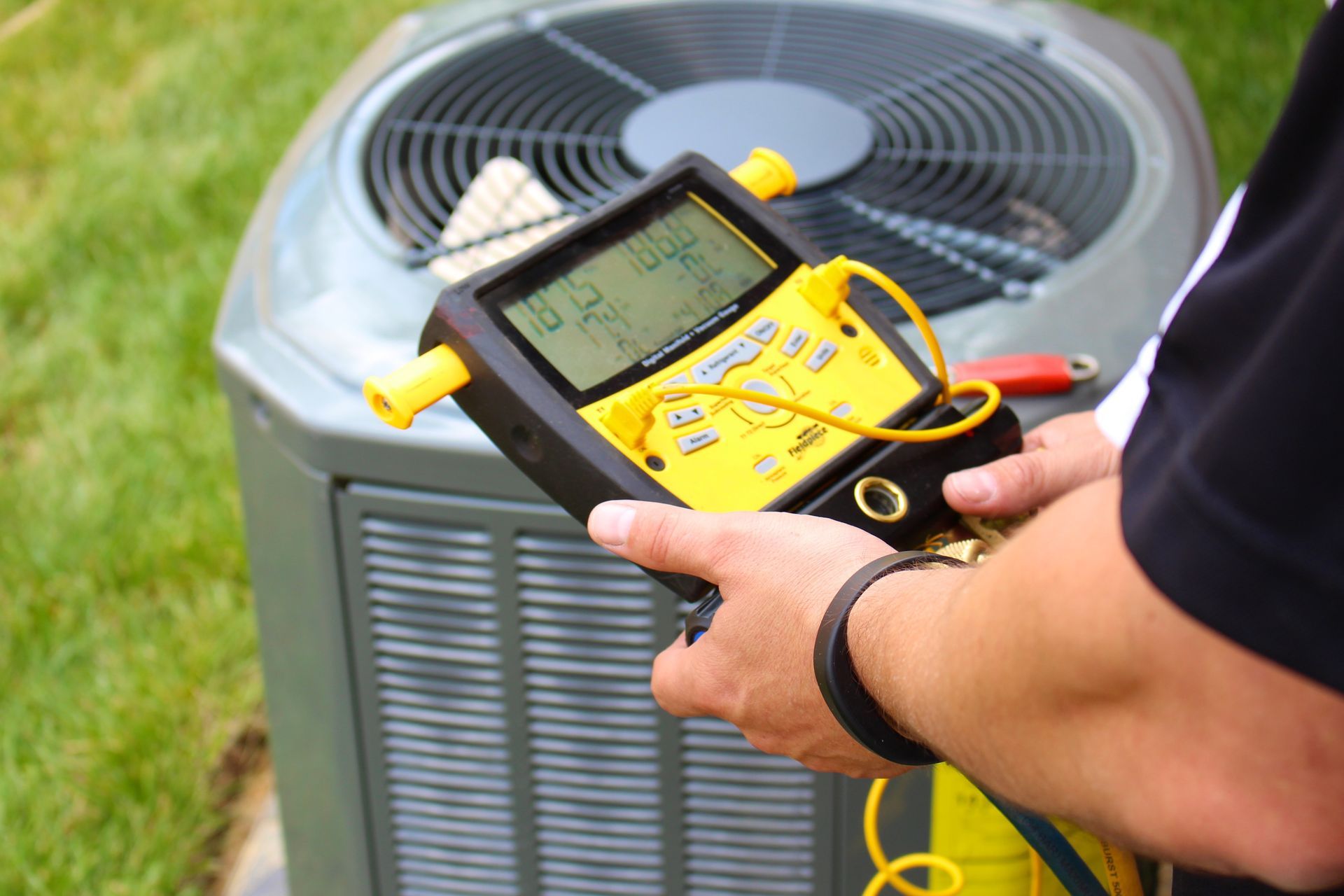Choosing the Right AC for Your Home
Finding the Perfect Cool: A Comprehensive Guide to Selecting Your Home's Ideal Air Conditioning System
Choosing the right air conditioning (AC) unit for your home is a crucial decision affecting your comfort during the warmer months, your utility bills, and the environment. With the plethora of options available in the market, selecting the one that best suits your needs can be overwhelming. This guide aims to streamline the process, focusing on key factors like size, efficiency, and unit type.
Understanding Your Needs
Before diving into the specifics of AC units, assessing your needs is important. Consider the climate in your area, the size of the space you need to cool, your budget for both upfront and operational costs, and any environmental concerns you may have. These factors will heavily influence the type of AC unit best for you.
Size Matters
One of the most critical aspects of choosing an AC unit is selecting the appropriate size. A unit that's too small won't cool your home effectively, while one that's too large will cycle on and off too frequently, reducing efficiency and increasing wear and tear. The size of an AC unit is measured in BTUs (British Thermal Units) or tons, with a general rule of thumb being that you need about 20 BTUs for each square foot of living space. However, other factors like ceiling height, window size, and insulation can affect this calculation. It's often wise to consult a professional to determine the best size for your space.
Efficiency is Key
The efficiency of an AC unit is measured by its SEER (Seasonal Energy Efficiency Ratio) rating. The higher the SEER rating, the more efficiently the unit uses electricity to cool your home. While high-efficiency units can be more expensive upfront, they can significantly save energy bills over time. Look for units with a SEER rating of at least 15 for the best balance of cost and efficiency.
Types of Units
There are several types of AC units to consider, each with its own set of pros and cons:
- Central Air Conditioning: Ideal for cooling multiple rooms or an entire house. Requires ductwork but offers a uniform cooling experience.
- Window Units: A cost-effective option for cooling individual rooms. Easy to install but can be less efficient and block window views.
- Portable Units: Flexible and easy to move from room to room. Suitable for homes where window configurations or regulations prevent the installation of window units.
- Ductless Mini-Split Systems: Offer efficient cooling without the need for ductwork. Ideal for homes with non-traditional layouts or additions where ductwork is not feasible.
- Geothermal Cooling: The most energy-efficient option, utilizing the stable temperature underground to cool your home. Has a high upfront cost but offers significant savings and environmental benefits over time.
Additional Features
Modern AC units have various additional features that enhance convenience, efficiency, and comfort. These include programmable thermostats, smart home compatibility, air purification filters, and dehumidifiers. Consider which features are most important to you and how they align with your overall needs and budget.
Professional Installation
Professional installation is key to ensuring it operates efficiently and effectively regardless of the type of AC unit you choose. Incorrect installation can lead to increased energy consumption, poor cooling performance, and even damage to the unit.
Final Thoughts
Selecting the right AC unit for your home involves careful consideration of your specific needs, the size and efficiency of the unit, and the type that best suits your space and lifestyle. By taking the time to understand these factors and consulting with professionals when necessary, you can ensure that you choose an AC unit that provides comfortable, efficient cooling for years to come.



